Home>Furniture>Bedroom Furniture>How Often Should You Change Your Bed Sheets


Bedroom Furniture
How Often Should You Change Your Bed Sheets
Modified: March 2, 2024
Discover how often you should change your bed sheets and maintain a clean and healthy bedroom with our expert tips. Explore a wide selection of bedroom furniture for a complete makeover.
(Many of the links in this article redirect to a specific reviewed product. Your purchase of these products through affiliate links helps to generate commission for Storables.com, at no extra cost. Learn more)
Introduction
Having a comfortable and clean bed is essential for a good night’s sleep. One crucial component of maintaining a hygienic sleeping environment is regularly changing your bed sheets. However, many people are unsure about how often they should change their bed sheets.
In this article, we will explore the importance of changing bed sheets regularly and provide useful guidelines for determining the frequency of bed sheet changes. We will also offer tips on how to maintain clean and fresh bed sheets, as well as discuss the signs that indicate it’s time to change them.
Whether you sleep alone or have a partner, sharing your bed with pets, or have allergies, these factors can influence how frequently you should change your bed sheets. By following the recommendations in this article, you can ensure that your bed remains a cozy and hygienic sanctuary for restful nights.
Key Takeaways:
- Regularly changing your bed sheets every 1-2 weeks is crucial for hygiene, allergen control, and overall sleep quality. Consider personal habits, climate, and allergies to determine the ideal frequency.
- Pay attention to signs like stains, odors, and excessive wrinkles to know when it’s time to change your bed sheets. Following care instructions and proper maintenance can extend the lifespan of your sheets.
Why is it important to change your bed sheets regularly?
Changing your bed sheets regularly is essential for several reasons. Let’s delve into why this routine task is crucial for maintaining a clean and healthy sleeping environment.
1. Hygiene: Throughout the night, our bodies naturally shed dead skin cells, sweat, and oils. These substances accumulate on our bed sheets over time and can become a breeding ground for bacteria, dust mites, and other allergens. Regularly changing your bed sheets helps remove these impurities and promotes better hygiene in your bed.
2. Allergen Control: Bedding can harbor allergens such as dust mites, pollen, and pet dander. If you have allergies or respiratory conditions like asthma, it is crucial to change your bed sheets frequently to reduce exposure to these allergens. Doing so can contribute to a better night’s sleep and help alleviate allergy symptoms.
3. Odor Prevention: As we sleep, our bodies release sweat and oils that can leave behind unpleasant odors on our bed sheets. Regularly washing and changing your sheets helps prevent these odors from building up, ensuring that your bed smells fresh and inviting.
4. Skin Health: Dirty bed sheets can have a negative impact on your skin health. The accumulation of sweat, oils, and bacteria on your sheets can clog pores and potentially lead to breakouts or skin irritation. By regularly changing your bed sheets, you can promote healthy skin and minimize the risk of skin-related issues.
5. Quality Sleep: We all know how refreshing and rejuvenating a good night’s sleep can be. Clean and fresh bed sheets contribute to a more comfortable and inviting sleep environment. The tactile experience of climbing into a freshly made bed can enhance relaxation and improve the overall quality of your sleep.
All in all, regularly changing your bed sheets is crucial for hygiene, allergen control, odor prevention, skin health, and overall sleep quality. By incorporating this simple and often overlooked task into your cleaning routine, you can create a healthier and more comfortable sleeping environment for yourself and your loved ones.
Factors to consider when determining how often to change bed sheets
When deciding how often to change your bed sheets, there are several factors you should take into consideration. These factors can help you determine the frequency that best suits your specific needs and preferences. Let’s explore these key factors below:
- Personal Hygiene: Everyone’s personal hygiene habits vary. If you shower before bed and have excellent personal hygiene, you may be able to extend the time between sheet changes. However, if you tend to sweat a lot during sleep or have a physically demanding job, you may need to change your sheets more often to maintain optimal cleanliness.
- Climate and Season: The climate and season can affect how often you should change your bed sheets. In hot and humid climates or during the summer months, you may find yourself sweating more, necessitating more frequent sheet changes. Additionally, if you use heavy blankets or duvets during the winter, you may need to change your sheets more often to prevent trapped moisture and odors.
- Pet and Allergies: If you share your bed with pets, it is advisable to change your sheets more frequently. Pets can leave behind fur, dander, and other debris, which can accumulate on your sheets and potentially trigger allergies. If you or your partner have allergies, it is also recommended to change your sheets more often to reduce exposure to allergens.
- Medical Conditions: Certain medical conditions, such as eczema or acne, may require more frequent sheet changes to maintain optimal skin health. Consult with your healthcare provider for specific recommendations based on your medical condition.
- Overall Environmental Factors: Consider the overall environment in which your bed is located. If your bedroom is prone to dust or has poor ventilation, you may need to change your sheets more frequently to prevent the buildup of dust and allergens.
By considering these factors, you can make an informed decision on how often you should change your bed sheets. It’s important to strike a balance between cleanliness and practicality, ensuring that your sheets remain fresh and comfortable without unnecessary wastage of time or resources.
Guidelines for changing bed sheets based on different factors
When it comes to determining how often to change your bed sheets, there are general guidelines you can follow based on different factors. These guidelines can help you maintain a clean and hygienic sleeping environment. Let’s explore these recommendations below:
- General Recommendation: As a general rule, it is recommended to change your bed sheets every 1 to 2 weeks. This frequency is suitable for individuals with good personal hygiene and who do not have specific factors that require more frequent changes.
- Hot and Humid Climates or Summer Months: In hot and humid climates, or during the summer months when you may be perspiring more, it is advised to change your bed sheets every 1 week. Sweating can lead to the buildup of moisture and bacteria on your sheets, so more frequent changes are necessary to maintain cleanliness.
- Pets or Allergies: If you share your bed with pets or suffer from allergies, it is recommended to change your bed sheets every 1 week. Pets can leave behind fur and dander, while allergens can accumulate on your sheets and potentially worsen allergy symptoms. Therefore, more frequent changes are necessary to minimize allergen exposure.
- Physical Activity or Heavy Sweating: If you engage in regular physical activity or tend to sweat heavily during sleep, it is advisable to change your bed sheets every 1 week. Sweat can lead to the buildup of bacteria and odors, so more frequent changes are necessary to ensure optimal hygiene.
- Medical Conditions: Certain medical conditions, such as acne or eczema, may require more frequent sheet changes. Consult with your healthcare provider for specific recommendations based on your condition. In these cases, changing your bed sheets every 3-4 days may be necessary to maintain good skin health.
- Environmental Factors: If your bedroom is particularly dusty or has poor ventilation, it is advisable to change your bed sheets every 1 week. Dust and lack of airflow can contribute to the accumulation of dust mites and allergens on your sheets, making more frequent changes essential for optimal cleanliness.
Remember, these guidelines are not set in stone and can be adjusted based on your personal preference and living situation. The key is to strike a balance between cleanliness, comfort, and practicality, ensuring that your bed sheets remain fresh and inviting without causing unnecessary inconvenience.
It is recommended to change your bed sheets at least once a week to maintain cleanliness and hygiene. However, if you sweat a lot or have allergies, consider changing them more frequently.
Tips for maintaining clean and fresh bed sheets
Maintaining clean and fresh bed sheets goes beyond simply changing them regularly. Here are some tips to help you keep your sheets in pristine condition:
- Follow Care Instructions: Pay close attention to the care instructions on your bed sheets. Different fabrics may have specific washing and drying requirements. Follow these instructions to prevent damage and maintain the longevity of your sheets.
- Separate Colors: When washing your bed sheets, separate them by color. Washing dark and light-colored sheets together can result in color bleeding or transfer. Sort them accordingly to preserve their vibrancy.
- Use a Gentle Detergent: Opt for a mild and gentle detergent when laundering your bed sheets. Harsh detergents can cause fabric damage and irritate sensitive skin.
- Wash in Cold Water: Wash your bed sheets in cold water whenever possible. Hot water can cause colors to fade and weaken the fabric fibers over time.
- Avoid Overloading the Washing Machine: Ensure there is enough space for your bed sheets to move freely in the washing machine. Overloading the machine can prevent proper cleaning and rinsing.
- Remove Sheets Promptly: Once the washing cycle is complete, promptly remove your bed sheets from the machine. Leaving them sitting in the machine can lead to wrinkling and musty odors.
- Line Dry or Tumble Dry on Low: Whenever possible, line dry your bed sheets in natural sunlight. Sunlight has natural disinfectant properties. If using a dryer, opt for a low heat setting to prevent shrinkage and maintain the integrity of the fabric.
- Iron or Steam: For a crisp and wrinkle-free look, iron your bed sheets on a low to medium heat setting. Alternatively, use a garment steamer to quickly remove wrinkles.
- Store Properly: When not in use, store your bed sheets in a clean and dry area. Avoid storing them in a damp or humid environment, as this can lead to mildew or unpleasant odors.
- Rotate Sheet Sets: If you have multiple sets of bed sheets, consider rotating them regularly. This allows for more even wear and extends the lifespan of each set.
By implementing these tips, you can ensure that your bed sheets remain clean, fresh, and comfortable for a longer time. Taking proper care of your bed sheets not only enhances the visual appeal but also contributes to a hygienic and inviting sleeping environment.
Read more: How Often Should You Change Your Mattress?
Signs that indicate it’s time to change your bed sheets
While having a regular bed sheet changing routine is important, there are also specific signs that indicate when it’s time to change your bed sheets. Paying attention to these signs will help you maintain a clean and comfortable sleeping environment. Here are some key indicators that it’s time to swap out your bed sheets:
- Visible Stains or Spills: If you notice any visible stains or spills on your bed sheets, it’s a clear indication that they need to be changed. Whether it’s a coffee spill, food residue, or bodily fluids, these stains not only diminish the aesthetic appeal but can also harbor bacteria and odors.
- Unpleasant Odors: If you detect persistent or unpleasant odors coming from your bed sheets, it’s a sign that they need to be washed. Accumulated sweat, body oils, and other substances can lead to musty or unpleasant smells. Freshly laundered sheets should have a clean and fresh scent.
- Visible Dirt or Grime: Inspect your bed sheets closely for any visible dirt or grime. Over time, debris such as dust, pet hair, and dead skin cells can accumulate on the surface of your sheets. If you notice these particles, it’s time to launder your bed sheets.
- Excessive Wrinkles: While wrinkles are common in bed sheets, excessive wrinkling can make them uncomfortable to sleep on. If your sheets are excessively wrinkled after being freshly laundered, it may be a sign that they have reached the end of their lifespan and need to be replaced.
- Fading or Fraying: Monitor your bed sheets for signs of fading or fraying. Over time, frequent washing and usage can cause the colors to fade and the fabric to weaken. If you notice significant color loss or fraying edges, it’s time to invest in new bed sheets.
- Increased Allergy Symptoms: If you or your partner suffer from allergies, pay attention to any increased allergy symptoms. Dust mites, pet dander, and allergens can accumulate on your sheets and worsen allergy symptoms. If you notice a sudden increase in sneezing, congestion, or itching, it may be an indication that your sheets need to be changed.
- General Guidelines: Following the general guidelines for bed sheet changes, such as every 1-2 weeks, is also a good practice. Even if you don’t notice any specific signs of wear or dirt, regular changes help maintain a clean and healthy sleeping environment.
By watching out for these signs and incorporating regular bed sheet changes into your routine, you can ensure that your bedding remains fresh, clean, and comfortable. Not only will this contribute to a more hygienic sleeping environment, but it will also enhance the overall quality of your sleep.
Conclusion
Regularly changing your bed sheets is a crucial aspect of maintaining a clean, hygienic, and comfortable sleeping environment. By following the guidelines and tips outlined in this article, you can ensure that your bed sheets remain fresh, inviting, and free from allergens and odors.
Consider the factors that influence how frequently you should change your bed sheets, such as personal hygiene, climate, pets, allergies, and medical conditions. Adhering to general recommendations, such as changing your sheets every 1-2 weeks, can provide a good starting point. However, be mindful of specific indicators that it’s time for a sheet change, such as stains, odors, dirt, excessive wrinkles, fading, fraying, and increased allergy symptoms.
Maintaining clean and fresh bed sheets requires proper care and attention. Follow the tips provided to ensure that your sheets are washed, dried, and stored in the appropriate manner. By doing so, you can extend the lifespan of your bed sheets, prevent damage, and promote optimal sleep hygiene.
Remember that your bed is a sanctuary for rest and rejuvenation, and clean bed sheets contribute significantly to that experience. Prioritize your sleep health by making bed sheet changes a regular part of your cleaning routine. Your body and mind will thank you for it as you enjoy nights filled with comfort, freshness, and a peaceful sleep.
Frequently Asked Questions about How Often Should You Change Your Bed Sheets
Was this page helpful?
At Storables.com, we guarantee accurate and reliable information. Our content, validated by Expert Board Contributors, is crafted following stringent Editorial Policies. We're committed to providing you with well-researched, expert-backed insights for all your informational needs.
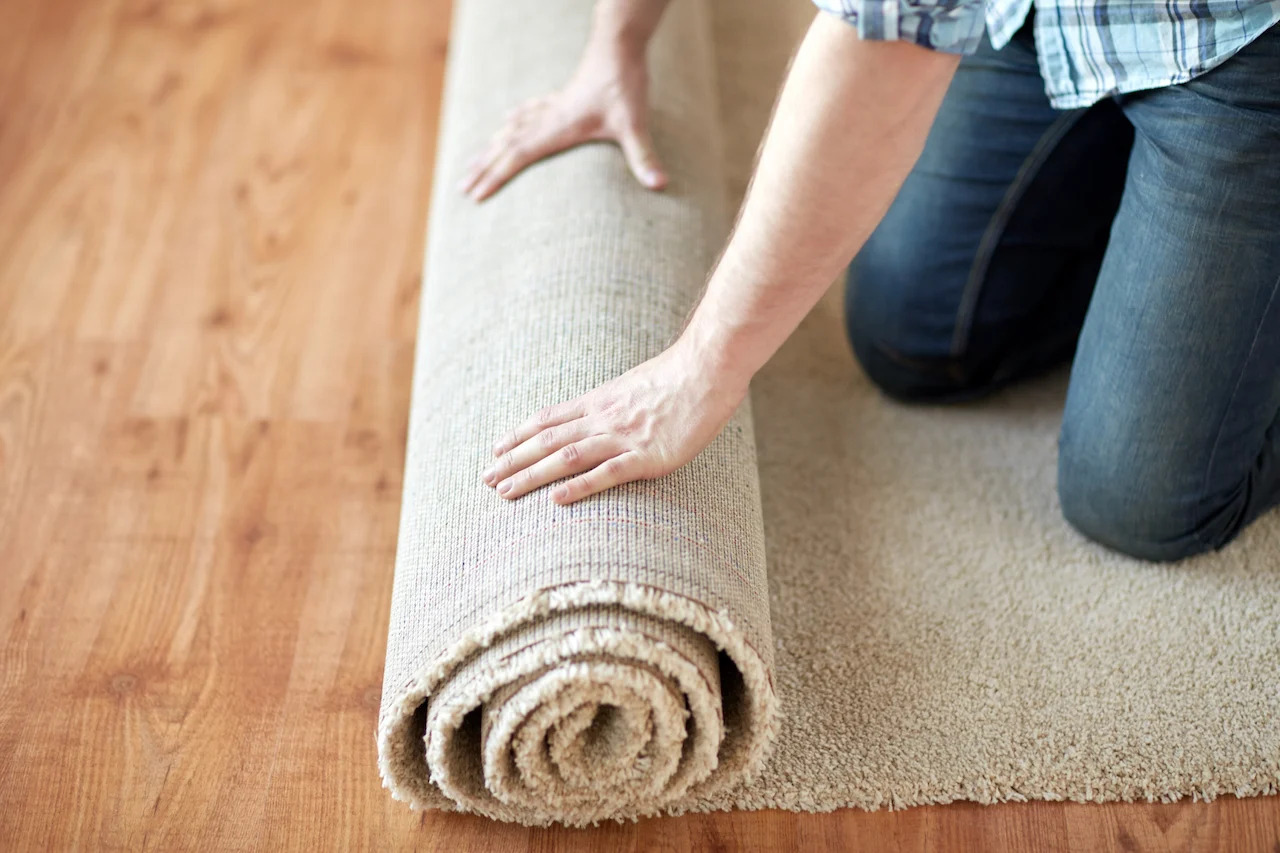




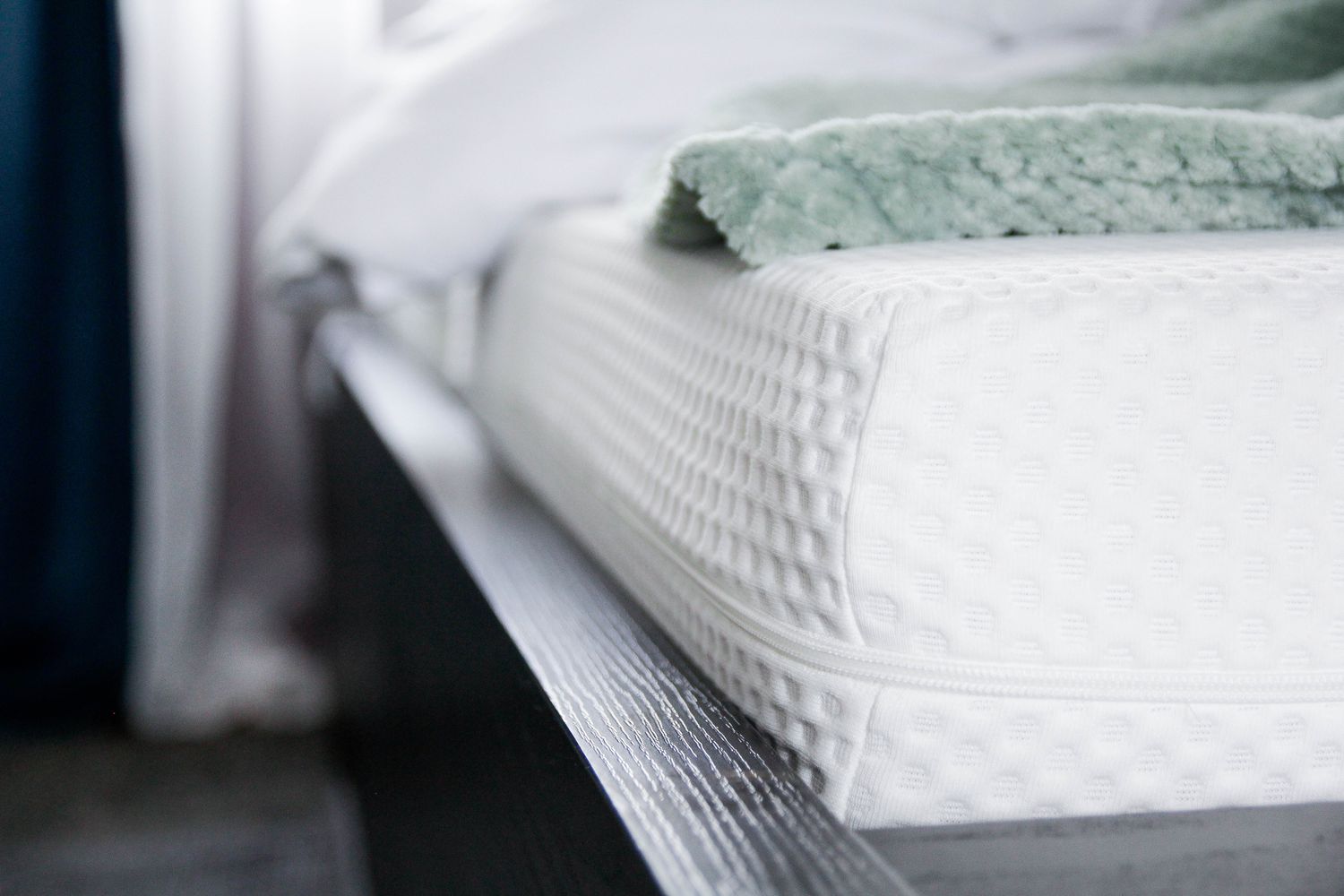



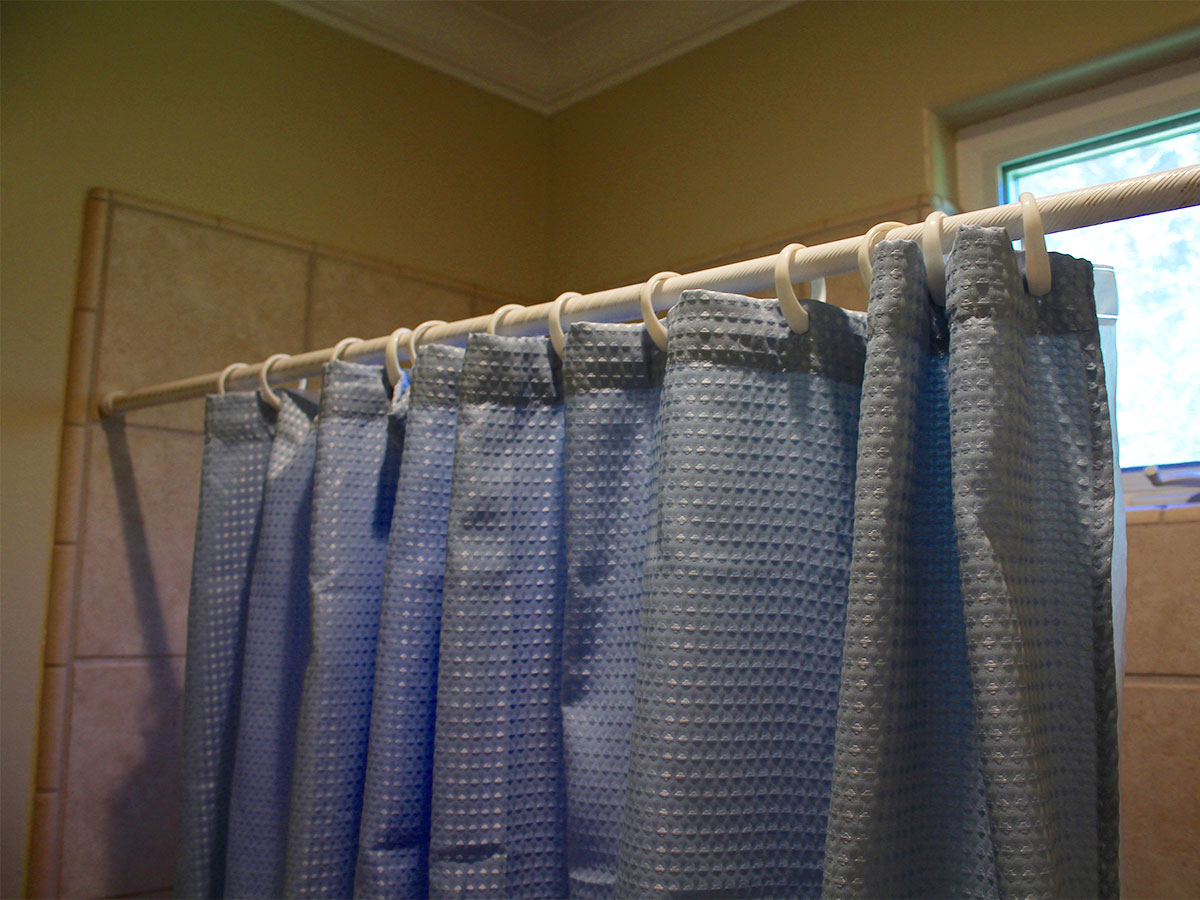
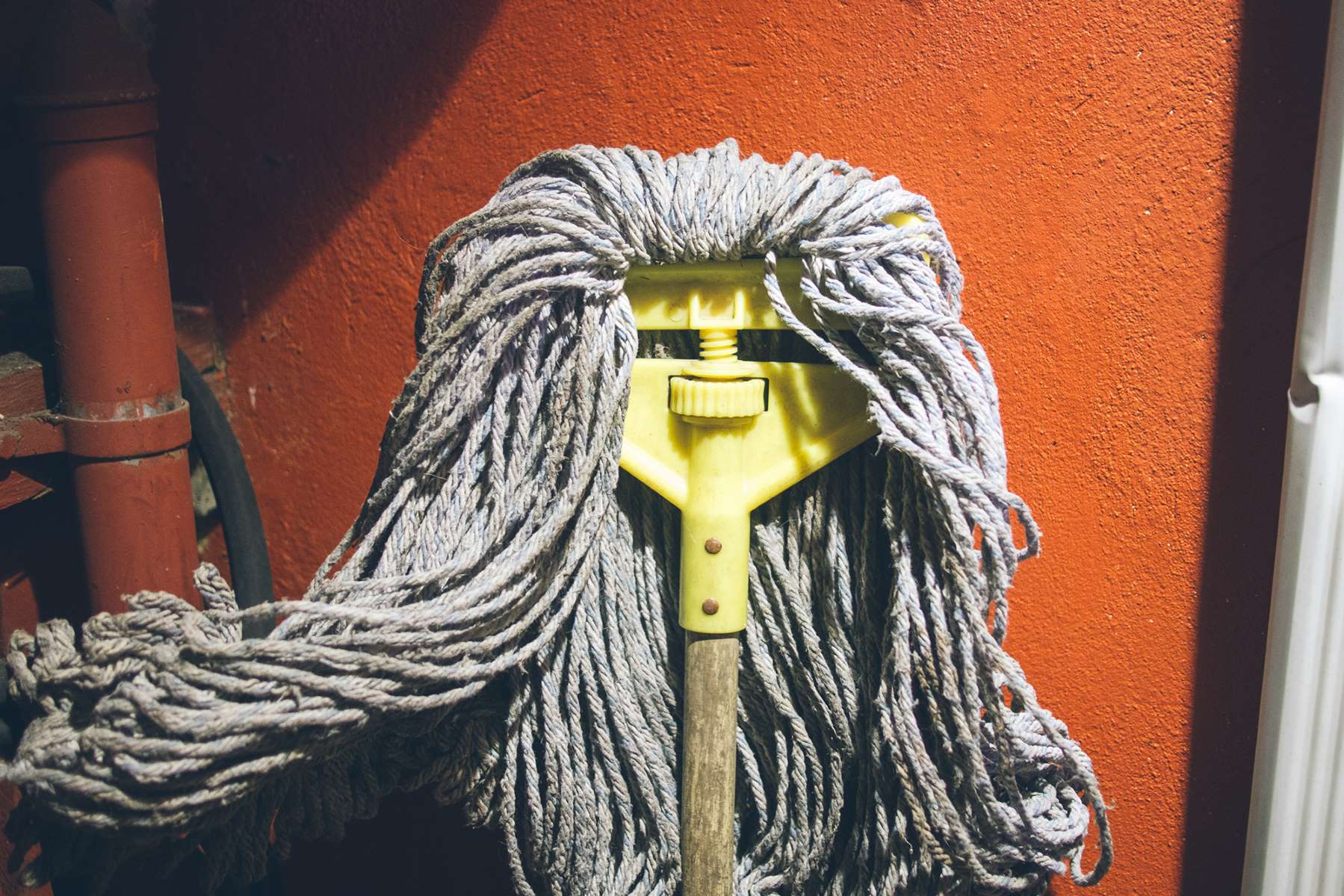

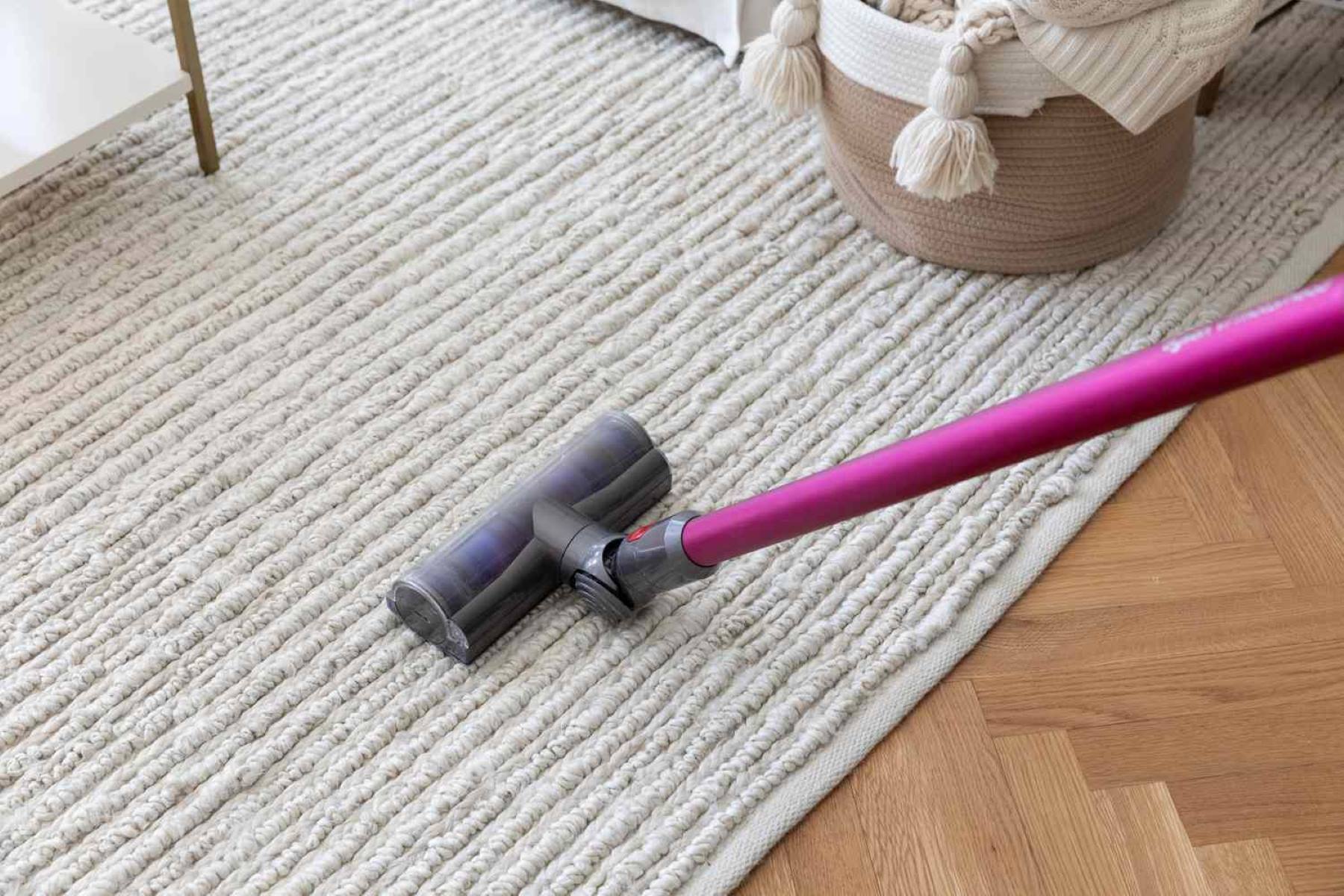


0 thoughts on “How Often Should You Change Your Bed Sheets”